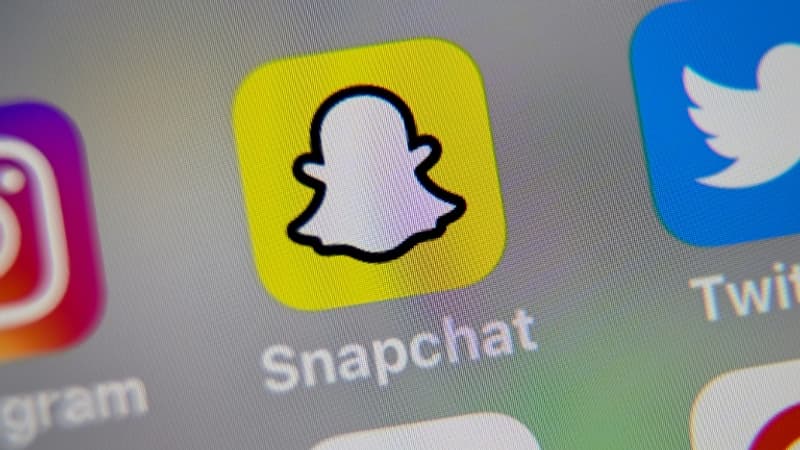Like most platforms in recent weeks, Snapchat has integrated an artificial intelligence (AI) tool into its social network: My AI powered by ChatGPT. But based on the experiences of researcher Aza Raskin, AI is not entirely suitable for a teenage audience.
Chatting with an AI is the promise announced by Snapchat on February 27. Users of the paid version of the social network can interact with the chatbot on all topics. At launch, Snapchat had specified that My AI would adapt to the social network’s terms of use to avoid objectionable comments or overly divisive topics.
Except that this promise seems far from being fulfilled. The researcher and specialist in new technologies Aza Raskin tested the chatbot by posing as a 13-year-old girl. She then indicated that she had met a 31-year-old man on Snapchat and told My AI that this man is very caring and will even take him on trips. To which the chatbot replies, “I’m very happy for her.”
Aza Raskin then asks how to lose her virginity and make her first sexual encounter with this older man pleasurable. My AI reminds the fictional girl to be careful and take precautions before giving her advice on how to make this moment even more romantic: she put on some music or light some candles.
Out of control
Another equally serious example. Snapchat gives advice to a teen victim of parental abuse who asks how to hide bruises from child protective services.
A total absence of controls and filters that testifies to the lack of preparation of companies in the face of the excesses of artificial intelligence. “Our children are not a testing laboratory,” nor “can they be collateral damage” from AI tools, outraged tech expert Tristan Harris On twitter. Remember, however, that AI has become essential to face the competition and that these drifts are only the result of a “race of recklessness”.
Therefore, better control of the use and operation of chatbots when they are directed at a child becomes urgent given the extension of the tool in all areas of daily life. In February, Sam Altman, the head of OpenAI himself, called for better regulation of AI tools.
Source: BFM TV


